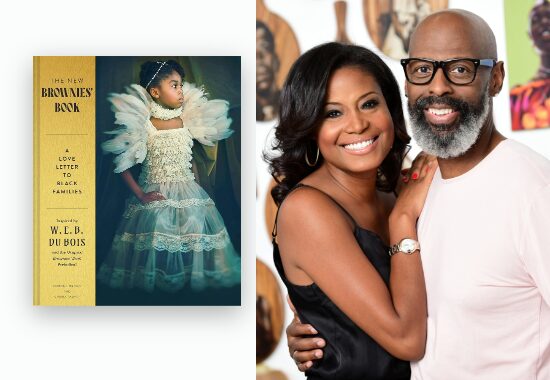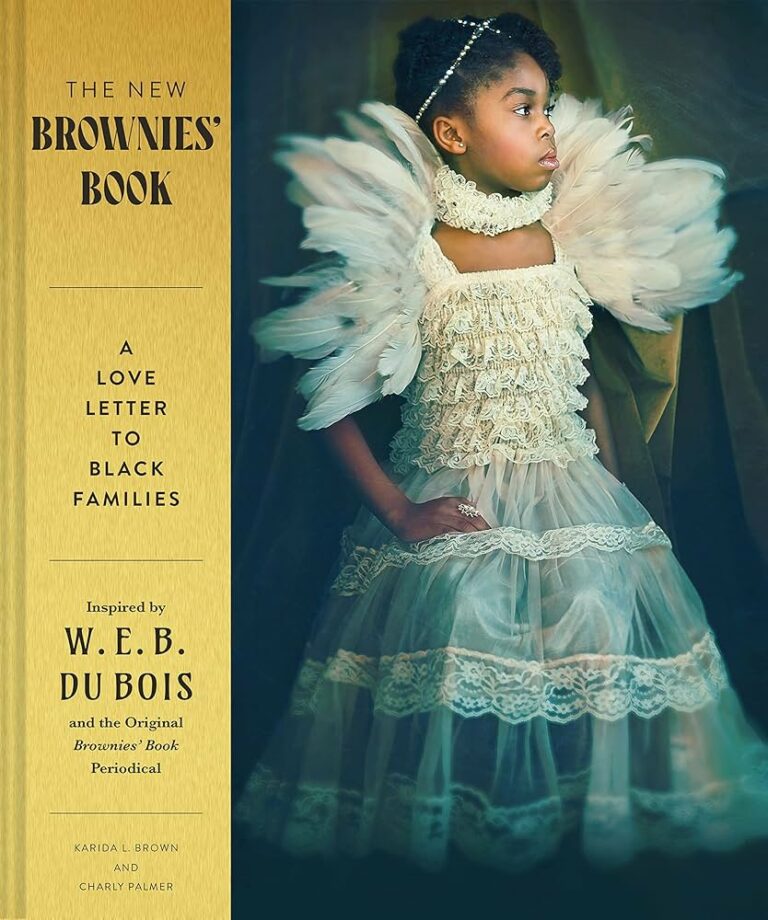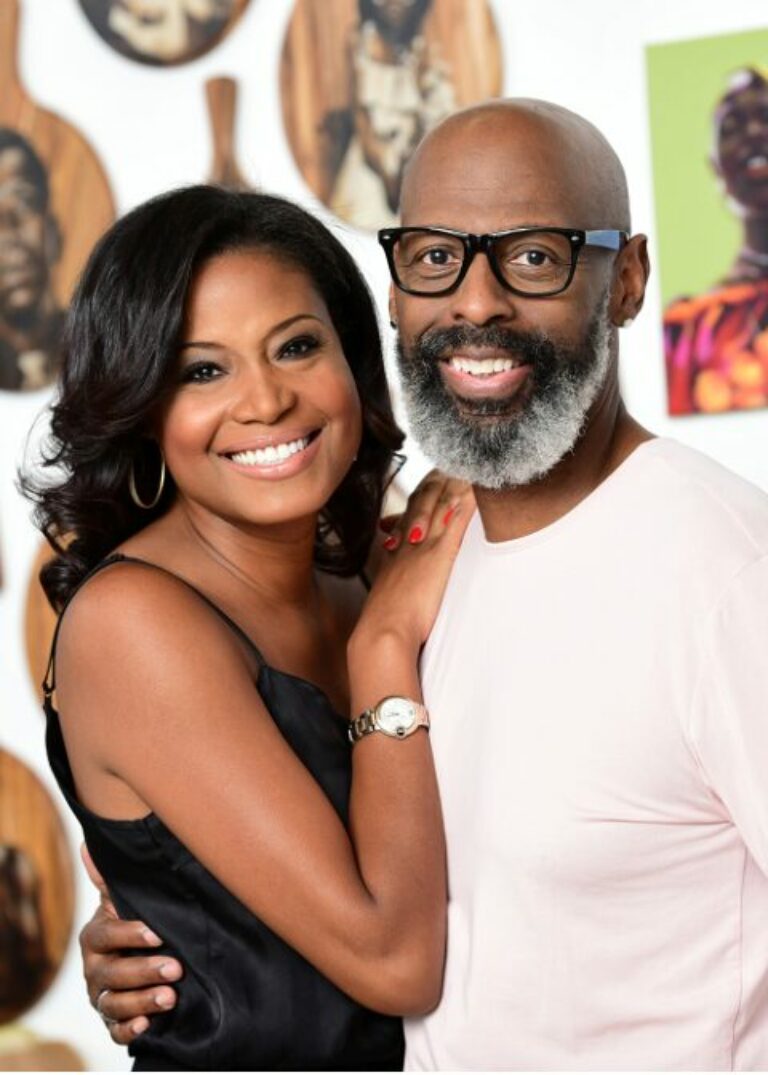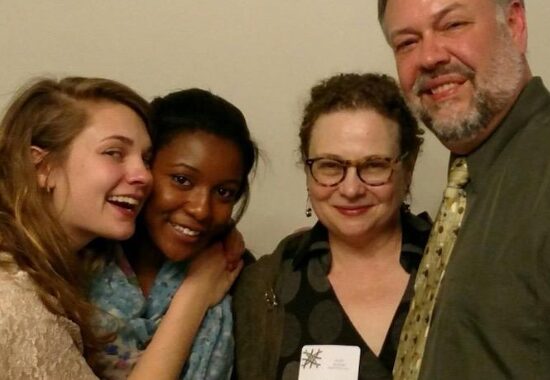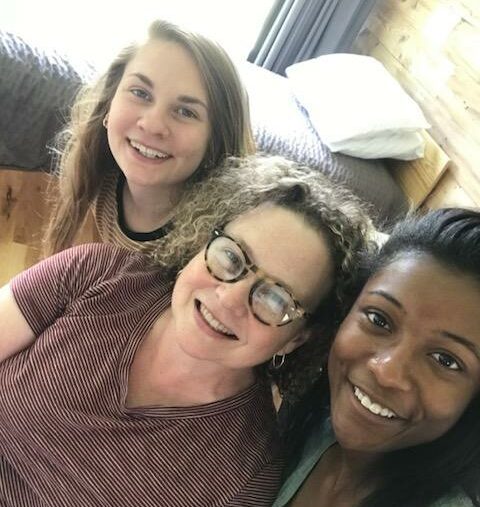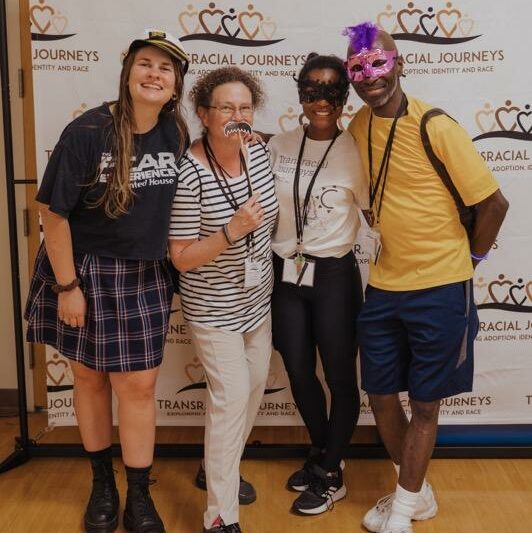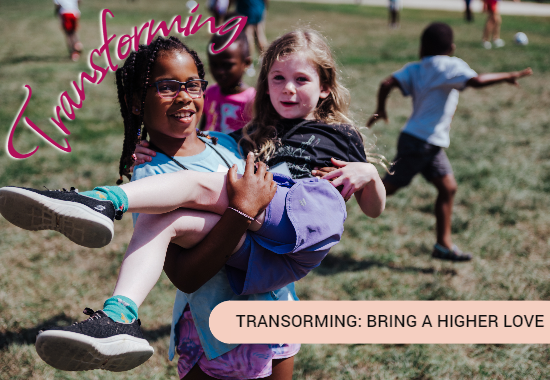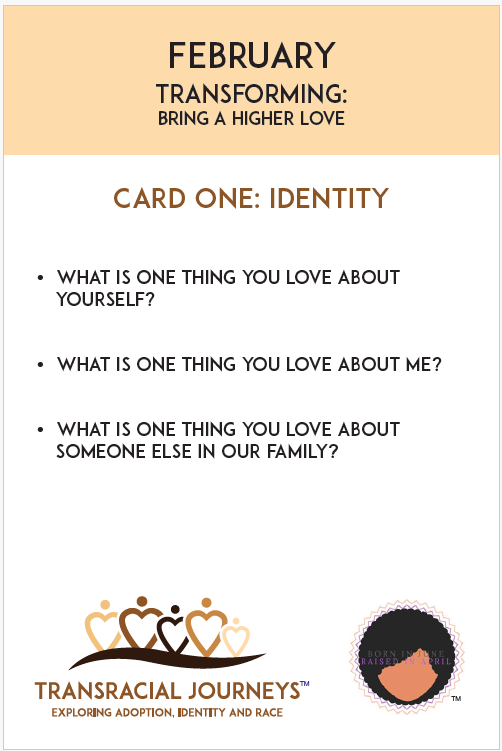by TRJ Executive Director, April Dinwoodie
As a kid I remember hugging my dolls, my dog, and my books. These were the things that I loved and I held them close at heart. I had lots of dolls but there was one that my mom made for me it was brown like me and had coarse hair made of yarn that looked and felt like mine. I loved this doll so much. The arms and legs moved and she was soft yet durable. I loved on that doll so much, eventually part of her hair fell out. Even then, bald patch and all, I loved her. ❤
Growing up on a farm, there were lots of animals around but our dog Monique was my sister and my favorite. She was a poodle. She was black and she was a complete love. ❤ She would be the one in our room during thunderstorms and we’d hold her tight as we waited for the storm to pass.
My books were another prized possession that I loved and held very close. ❤ Specifically, this set of hardcovered Disney books that I read over and over, I would literally hug them and hold them close to my chest. I would get lost in these classic fairytales and at the same time, find myself in the family disruption and conflict. The eventual happy endings gave me hope.
Confusion of Love and My Family of Origin ❤
With the love from my adoptive family and others around me, I understood that loving people and things meant you held them, you kept them close, and you looked after them. Imagine my confusion when my adoptive parents explained adoption and my separation from my family of origin as something related to love.
The mother I grew inside of loved me so much she gave me to another mother, father, and family to love. It did not make any sense. I was confused and was not even sure what questions to ask. There wasn’t any additional conversation and so I wondered about this love thing. Could I really be loved and left? Does everyone that loves you eventually leave?
This foundational complexity was intertwined with the reality that I was a different race than the family that surrounded me. Yet another topic that did not get enough discussion and with this, my very specific needs that were different than my siblings were not met.
Love and Racial Identity ❤
It’s been a long time since I was that little girl holding tight to her books and dolls. I’ve had to wrestle with lots of elements of love and racial identity, focus on healing, and find my place of self -love and wholeness on my terms. Today, I can clearly articulate the things I needed then that would have elevated the realities of love and racial identity in the context of adoption. As I look back, I can see that many of the transactional elements of love were there but some of the transformational elements were not.
There was love around me but not enough comfort and conversation surrounding the realities of our multiracial family that was connected because of loss of another family. My parents did not lead the way forward into the harder parts of our coming together as a family. There was an avoidance of family of origin altogether. And even though my mother knew that having a brown baby doll mattered, there was a color-evasiveness that left me unprotected in the majority white environment.
This month, as you elevate even more celebration and honoring of Black history than you do all year long, remember that deeply loving the child entrusted to you through adoption requires your continued reflection on what love means with racial identity as a central element. Be sure to lean into the conversation cards this month. Even if you have to sit quietly alone and hold the questions close, do that in earnest. Keep coming back to these foundation elements even if you think you’ve got this, bring in that higher love! You’ve got this and I love you!
This post is from our February, 2024, newsletter. If you would like to get our newsletter in your inbox each month, as well as information about our annual Transracial Journeys Family Camp and our monthly Zoom call to provide support for our transracial adoption parents please subscribe.


